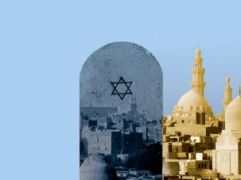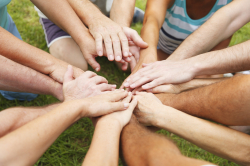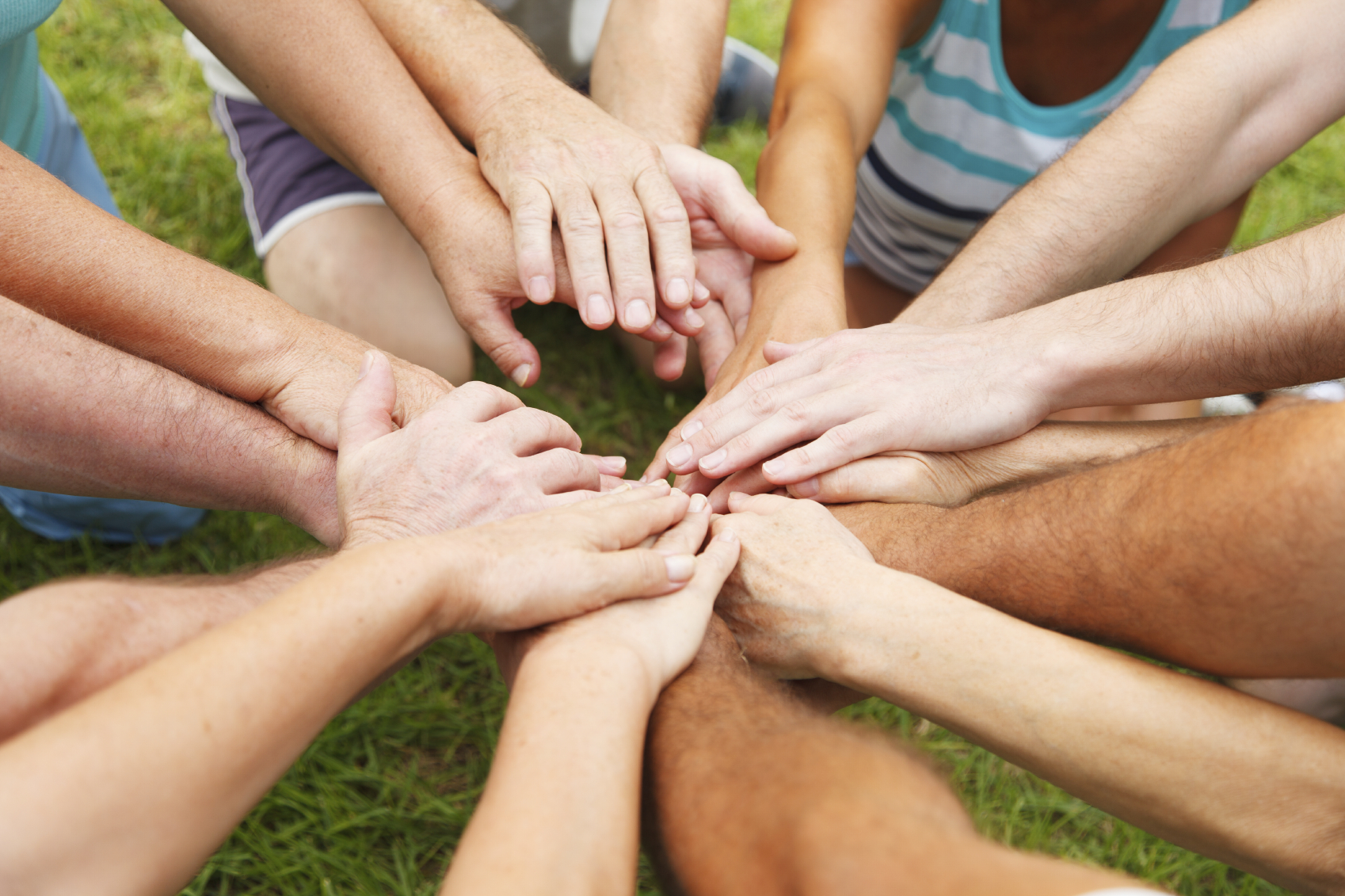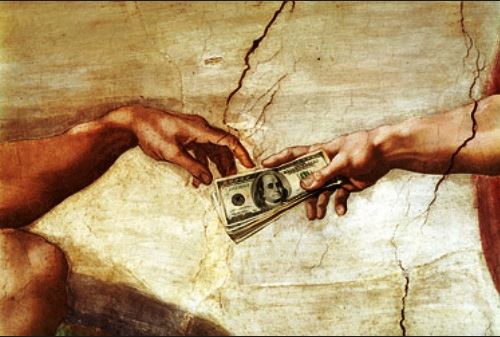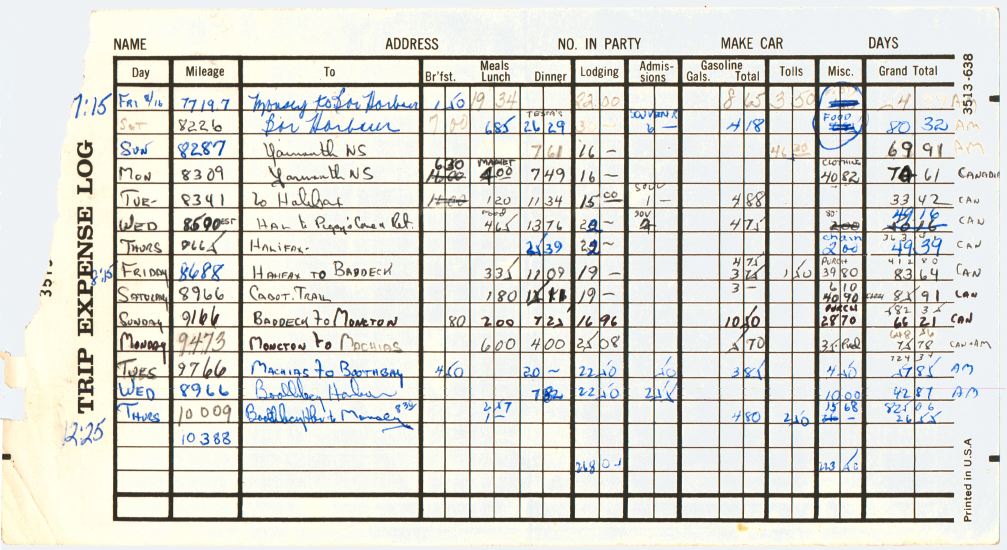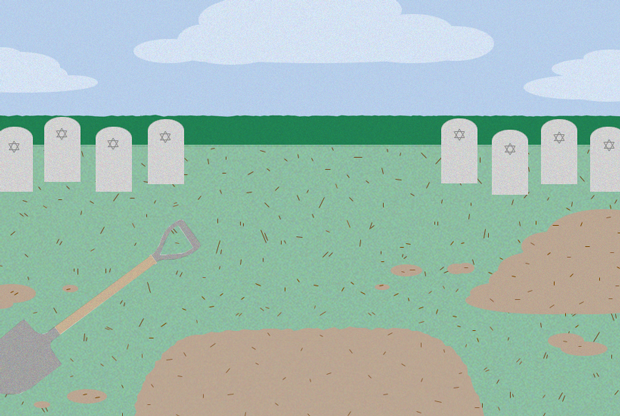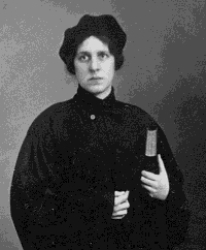In 2005 I compiled a manual for the hevra kadisha (sacred burial fellowship) that I had recently organized at Park Slope Jewish Center in Brooklyn, NY. Ten years later, this resource has guided sacred fellowship development in many varied communities beyond Brooklyn. A recent article by Seth Wikas in the Forward describes how even the coexistence of Jews, Christians and Muslims in Egypt has been supported by our manual:
"Have you ever prepared a Jewish body for burial?”.... With that call I became [head of] Cairo’s chevra kadisha, after quickly Googling “chevra kadisha” and finding the Park Slope Jewish Center’s guide. (...) READ MORE
Burying the dead is one of the core rabbinic priorities in cities of diversity, "for these are ways of peace." Today WAYS OF PEACE continues to create and share vital related resources, including the ones below.
Things That Come Back To Life (Tablet Magazine)
“What is your position on zombies?”
It’s not something I’m usually asked as a rabbi, especially in the middle of a meal. Adam was approaching bar mitzvah at the time, and his parents had invited me to stay for dinner after one of our study sessions.
‘Tis the season for discussions of how kosher it is for Jews to celebrate Halloween. But the fascination with “the undead” isn’t limited by the calendar; it’s ongoing, particularly for young people, and it provides opportunities for dialogue between generations on issues that go beyond costumes and candy. (...) READ MORE
And When I Die: The Musical! — A Funeral Planning Cabaret
Tuesday, October 27th at 7:30 pm / FREE AND OPEN TO ALL
Park Slope Food Coop, 782 Union Street, Brooklyn, NY
Hesitating over end-of-life decisions? You’re not alone—but don’t die wondering! Learn about advance directives, funeral consumer choices and your next steps at this unique seminar-in-song. Ample time for Q&A and follow-up resources provided. The only requirement is the willingness to accept that you will not live forever in your current form.
 WAYS OF PEACE donates at least 10 percent of net staff compensation forward to other organizations that uphold our core mandates of promoting justice and kindness across lines of diversity.
WAYS OF PEACE donates at least 10 percent of net staff compensation forward to other organizations that uphold our core mandates of promoting justice and kindness across lines of diversity.

